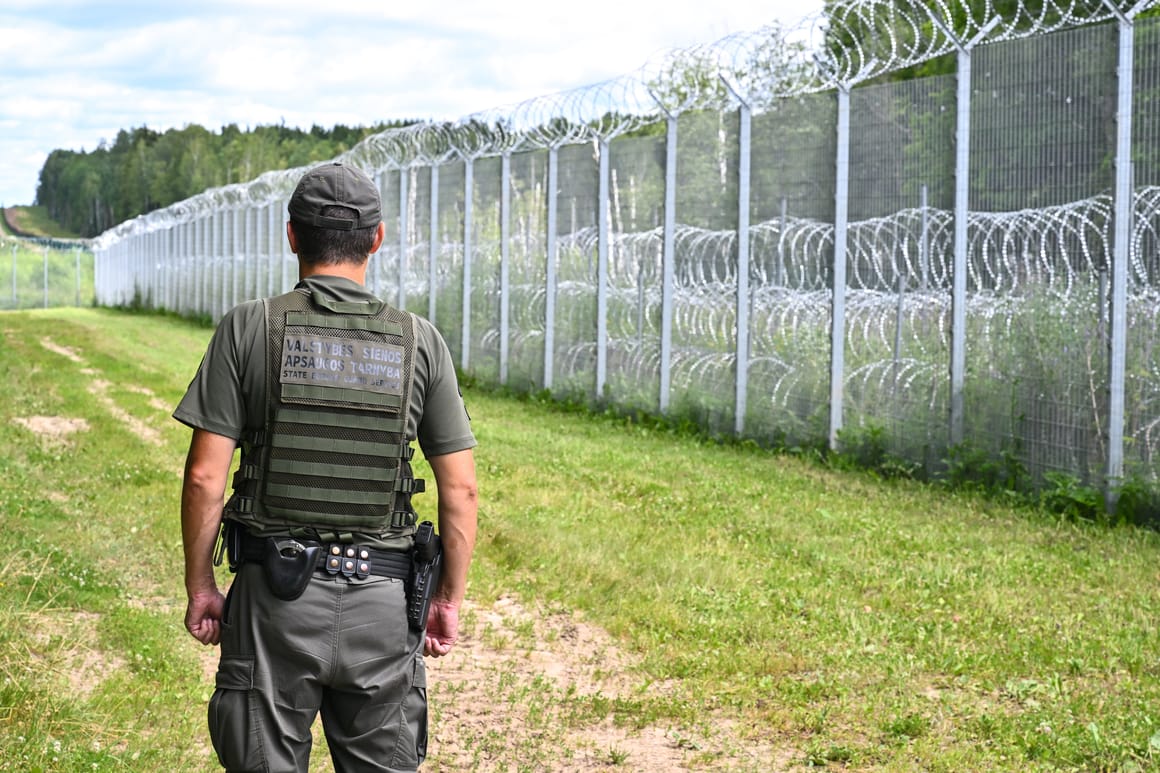Belarus in the Global Spotlight: Migration Crisis and International Response

Belarus has increasingly captured global attention due to its pivotal role in recent migration patterns across Europe. As tensions rise between Belarus and its neighboring countries, the international community is closely monitoring these developments. This article delves into how Belarus has become central to ongoing geopolitical disputes, particularly regarding migration and border security.
The Role of Belarus in the Migration Crisis
Since 2021, Belarus has been accused of facilitating the illegal flow of migrants into the European Union. Neighboring Lithuania, Latvia, and Poland have reported a dramatic rise in border crossings allegedly encouraged by Minsk. Many observers believe this tactic aims to create political friction within the EU and exert pressure on Western governments.
Recent reports indicate that Lithuania has taken Belarus to the International Court of Justice over these actions. This case revolves around alleged violations of international law and Belarus’s obligations to prevent migrant smuggling. Lithuanian authorities argue that these actions from Belarus are not merely border issues; they represent a direct challenge to national sovereignty and the safety of vulnerable populations.
International Legal Actions and European Response
The situation has prompted swift and coordinated responses from European agencies. In December 2021, the EU adopted emergency measures that allowed member states bordering Belarus and Russia to temporarily suspend asylum rights. According to the European Commission data, the number of people entering the EU through Belarusian borders increased sharply by 66% in 2024 compared to the previous year.
Lithuania’s legal action at The Hague marks a significant step. As detailed in this Politico article, Lithuanian Justice Minister Rimantas Mockus emphasized that no country should use vulnerable people as political instruments. The case accuses Belarus of failing to secure its borders, neglecting cooperation, and disregarding migrants' rights, which are all violations of international standards.
Humanitarian Impact and Political Implications
The migrant crisis at Belarus’s borders has not only strained international relations but also created dangerous conditions for thousands of people. Most migrants originate from the Middle East and Africa, seeking refuge and better opportunities. By allegedly orchestrating these crossings, Belarus has faced criticism for exposing individuals to significant harm and fueling instability within the EU.
Multiple EU states, particularly those bordering Belarus, continue to strengthen their external borders and collaborate on security initiatives. The ongoing legal and diplomatic efforts highlight the broader stakes for human rights and regional order.
Looking Ahead: Belarus and the Future of European Security
Belarus’s current trajectory underscores the complex links between migration, security, and international law. The ripple effects have extended across the region, compelling policy changes and legal challenges. Many are watching to see how international courts rule on Lithuania’s case and what these decisions may mean for Belarus’s standing in the world.
International observers, policymakers, and humanitarian organizations alike agree on one key point: solutions must protect human dignity while upholding the rule of law. As the situation continues to evolve, Belarus remains at the heart of a critical debate about migration, accountability, and European unity.
Further Reading: